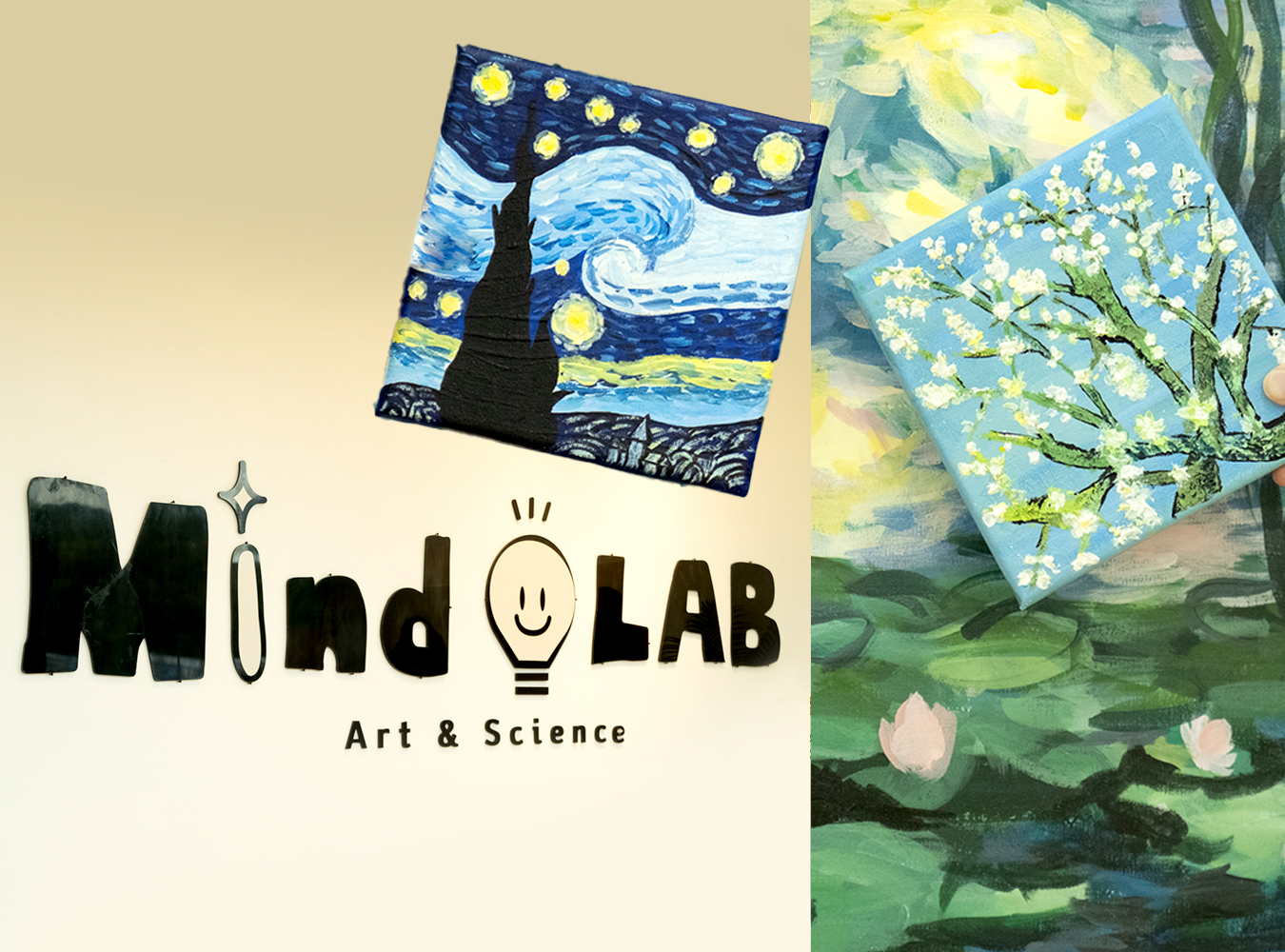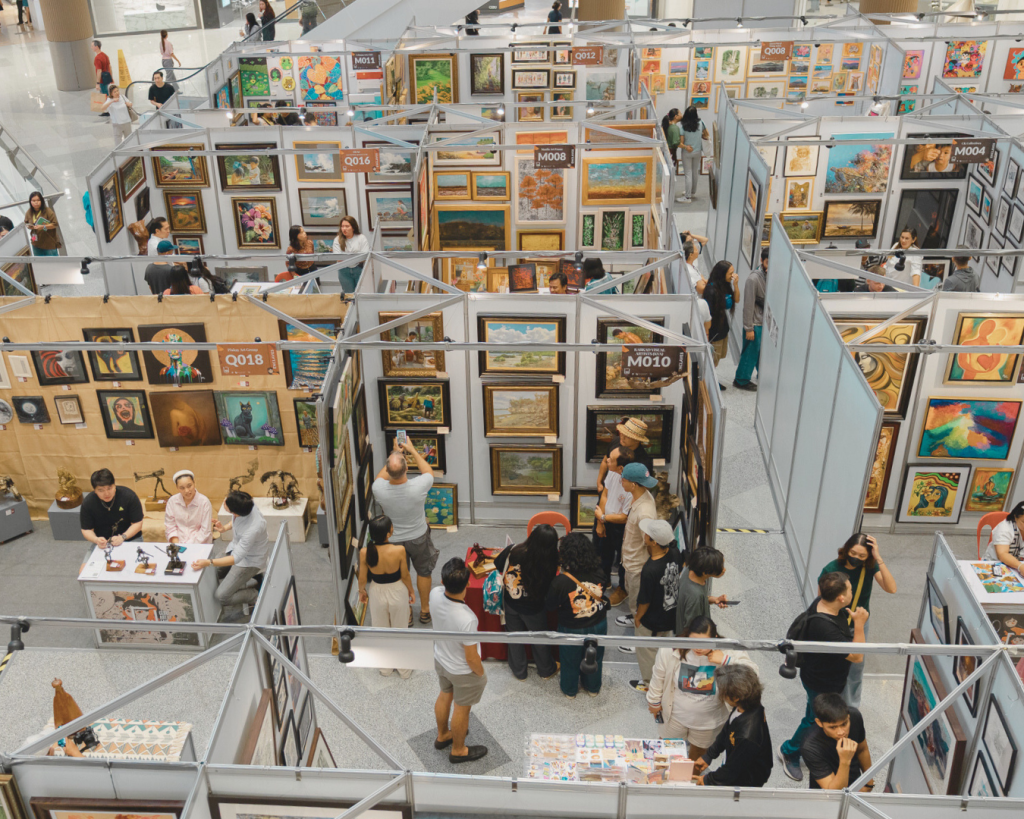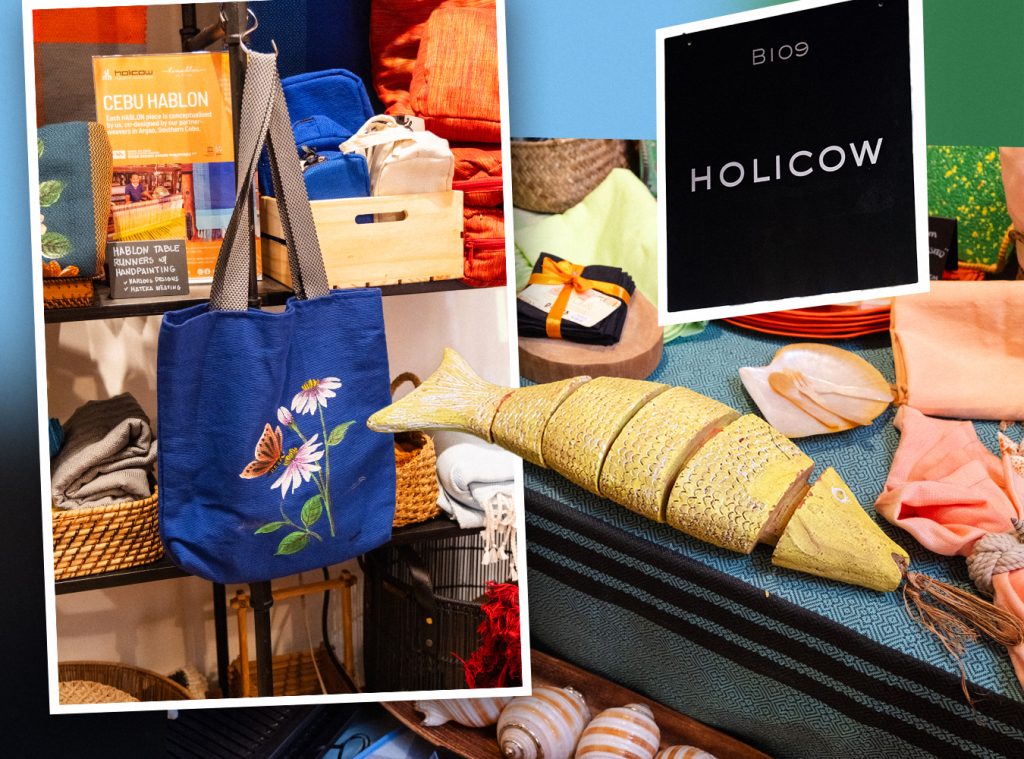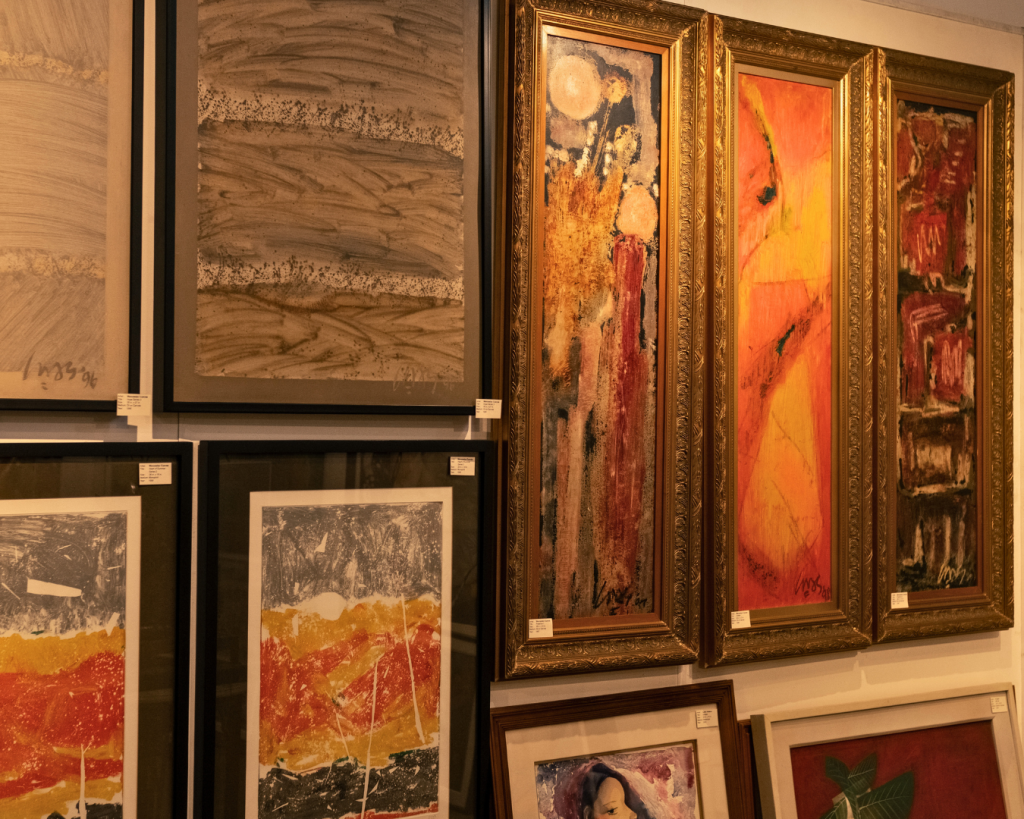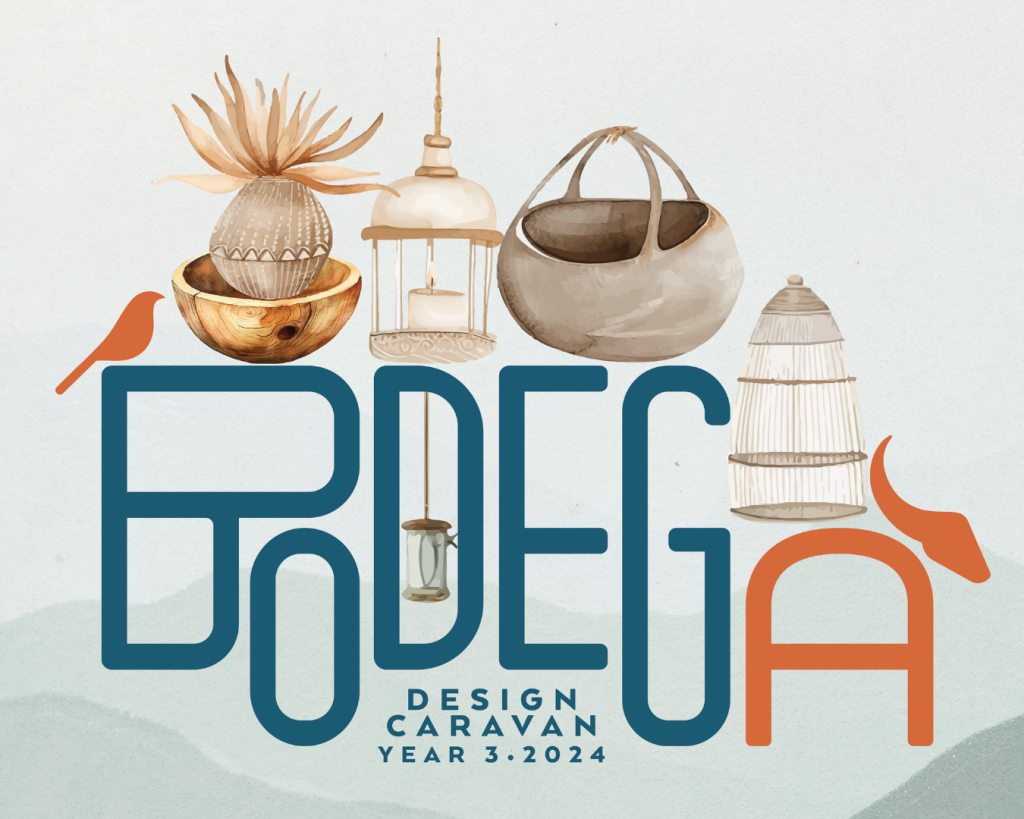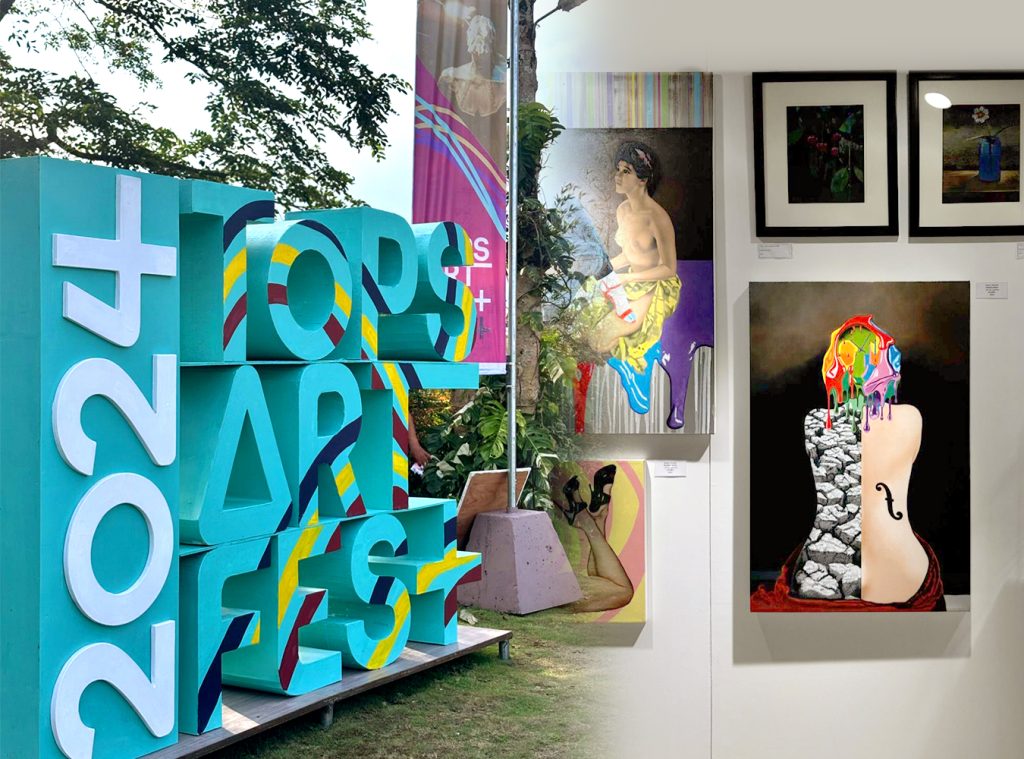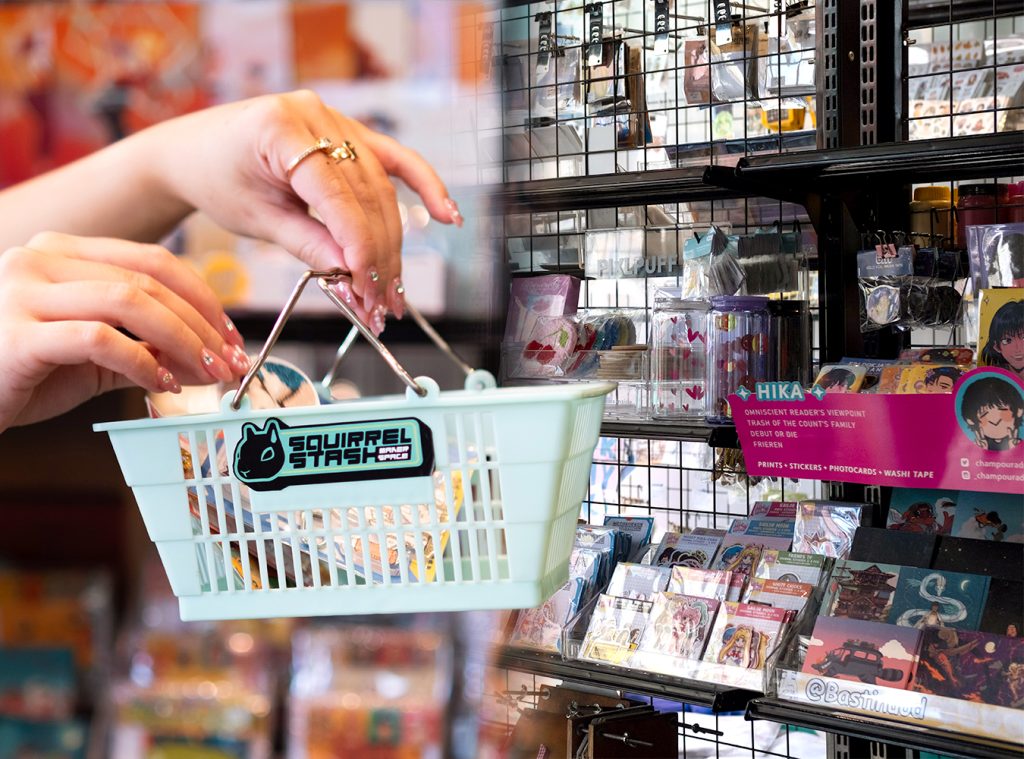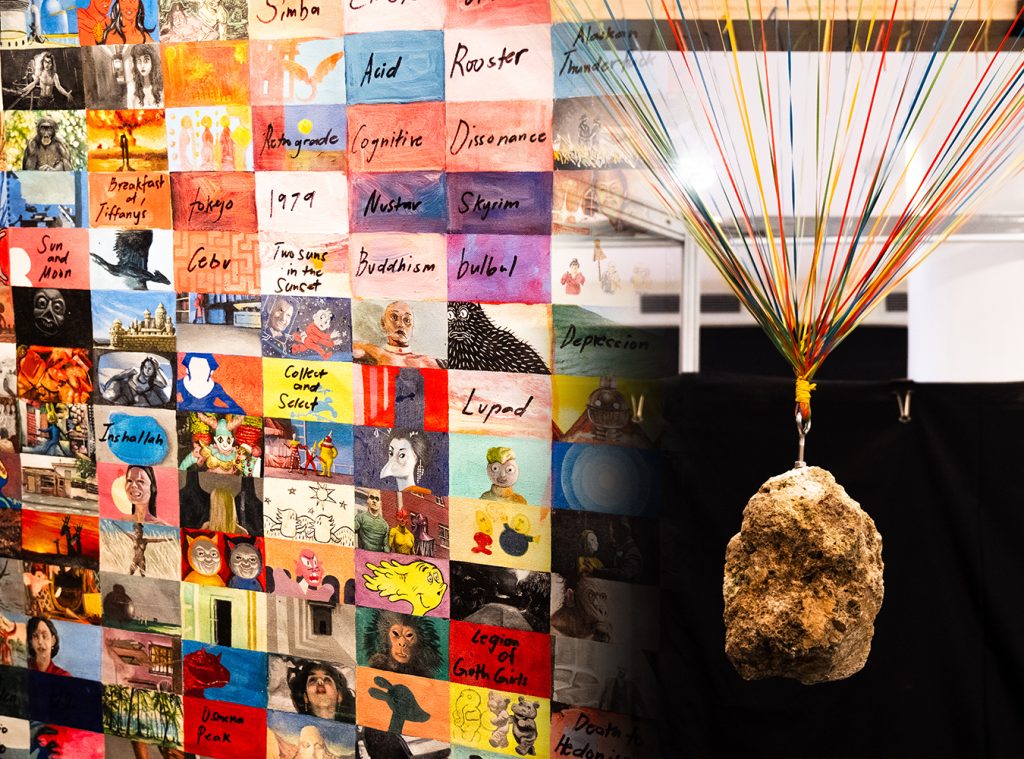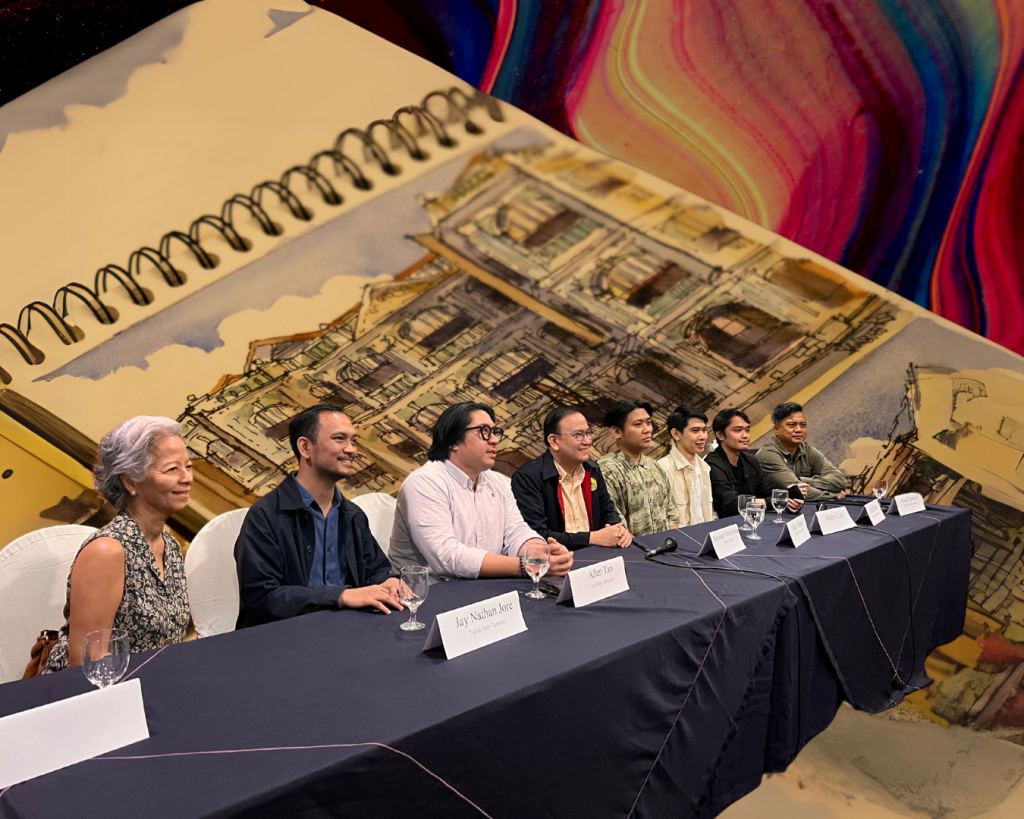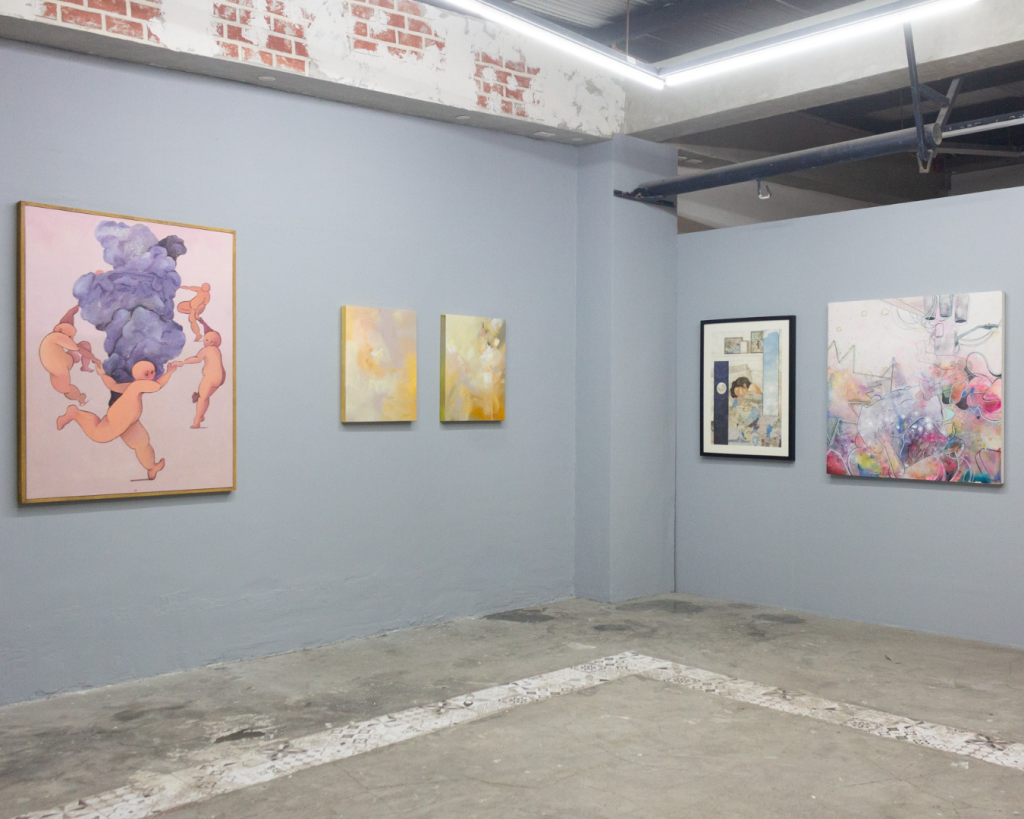Recent research reveals that depression frequently begins early in life, with rising rates indicating a growing concern. Clinicians and researchers now recognize that childhood is often the starting point for depression, emphasizing the importance of early intervention and emotional support for young children.
While it remains a taboo topic, the founders of Mind Lab feel compelled to share their personal journey and how it inspired them to create an innovative educational program aimed at addressing these emotional challenges from an early age.
The Genesis of Mind Lab
Mind Lab was born out of a desire to prevent the devastating effects of depression, which deeply impacted the founders’ family. In 2018, the founders faced the heartbreaking loss of a loved one to depression, which drove them to take action.
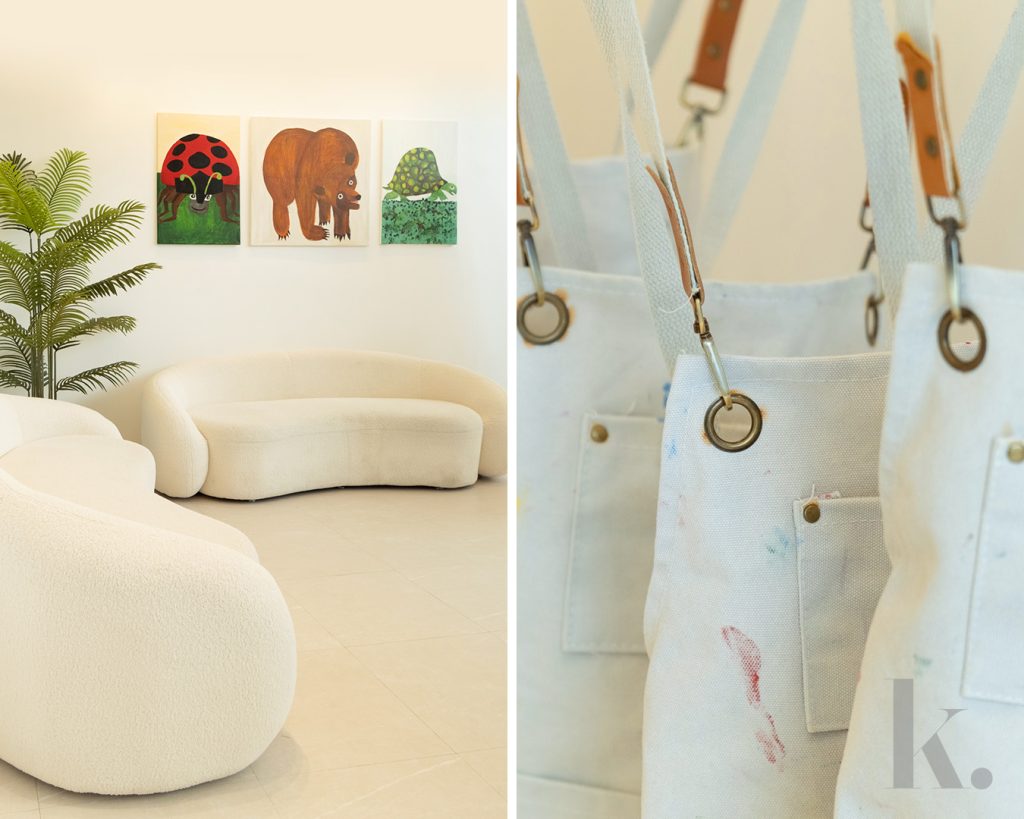
They realized the importance of early education and emotional development in preventing such tragedies. Combining their studies in philosophy and art, they created Mind Lab to provide children with a holistic education that includes emotional intelligence.
Mind Lab has around 20 branches in Korea, a testament to its impact and effectiveness in nurturing young minds—and has now been brought to Cebu. As Korean educators, they seamlessly integrated Korean educational methodologies with Filipino perspectives to form a unique, holistic approach.
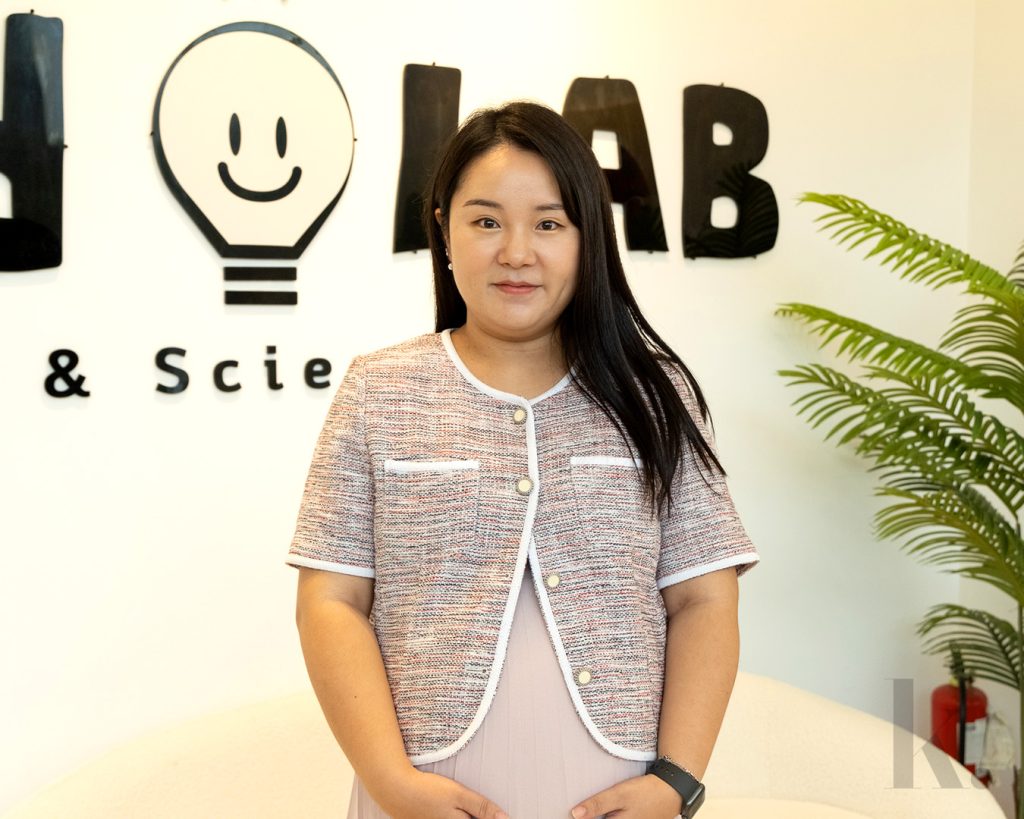
Daram Lee, one of the founders of Mind Lab
Innovative Teaching Methods
Mind Lab’s approach is based on children’s developmental stages. By aligning activities with these stages, children are encouraged to explore their emotions and express themselves creatively.
Students can expect a rich and immersive learning experience at Mind Lab, tailored to their age group. For children aged 2-4 years old (Mon Petit), the focus is on exploring a variety of materials, including aloe vera, food ingredients, newspapers, and feathers. The goal is to expand their creativity and teach them different ways to approach materials.
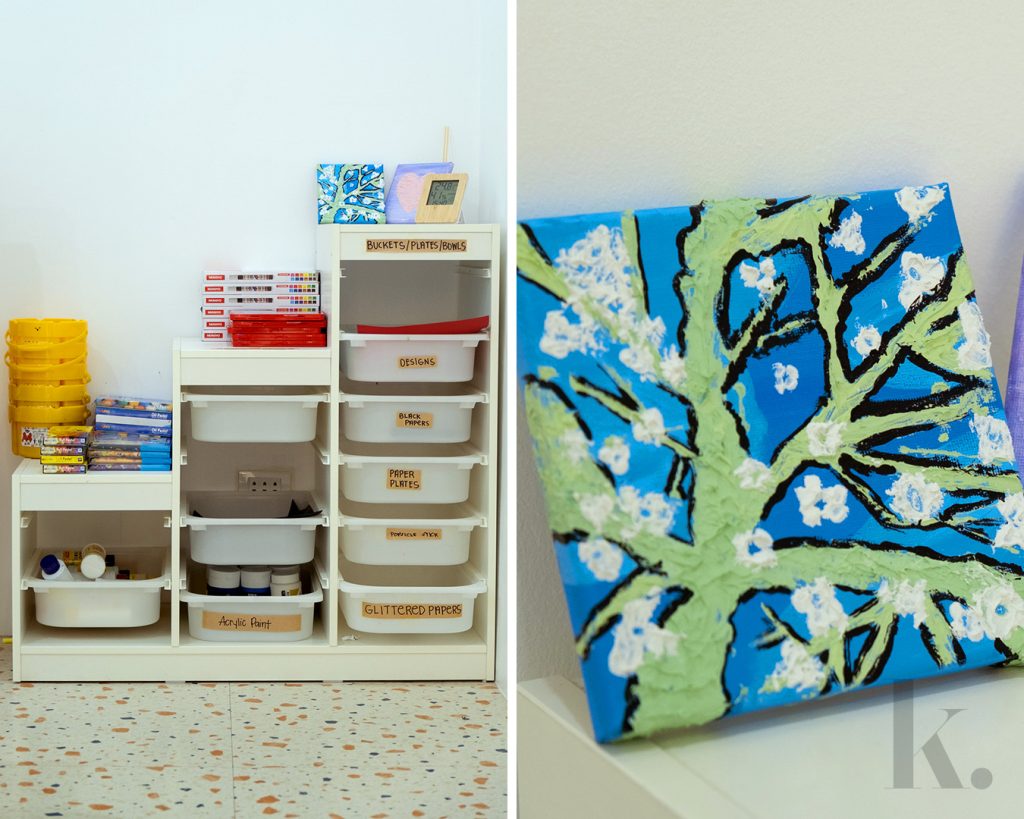
In the 4-to-6-year-old group (Mon Ami), classes are centered around exploring masterpieces with a theme. Children will observe various masterpieces from different artists, learning to break stereotypes and think outside the box. For example, they will discover that artists use different colors and shapes to express the same objects, teaching them that there are many valid ways to see and interpret the world.
For older children (Mon Artist), the focus shifts to exploring the lives of artists. They will learn about the different ways artists lived and how they expressed their emotions through their artwork. By understanding the artists’ lives and emotions, children will learn valuable lessons in dealing with their own problems. Additionally, they will uncover hidden stories behind famous artworks, indirectly learning about world art history.
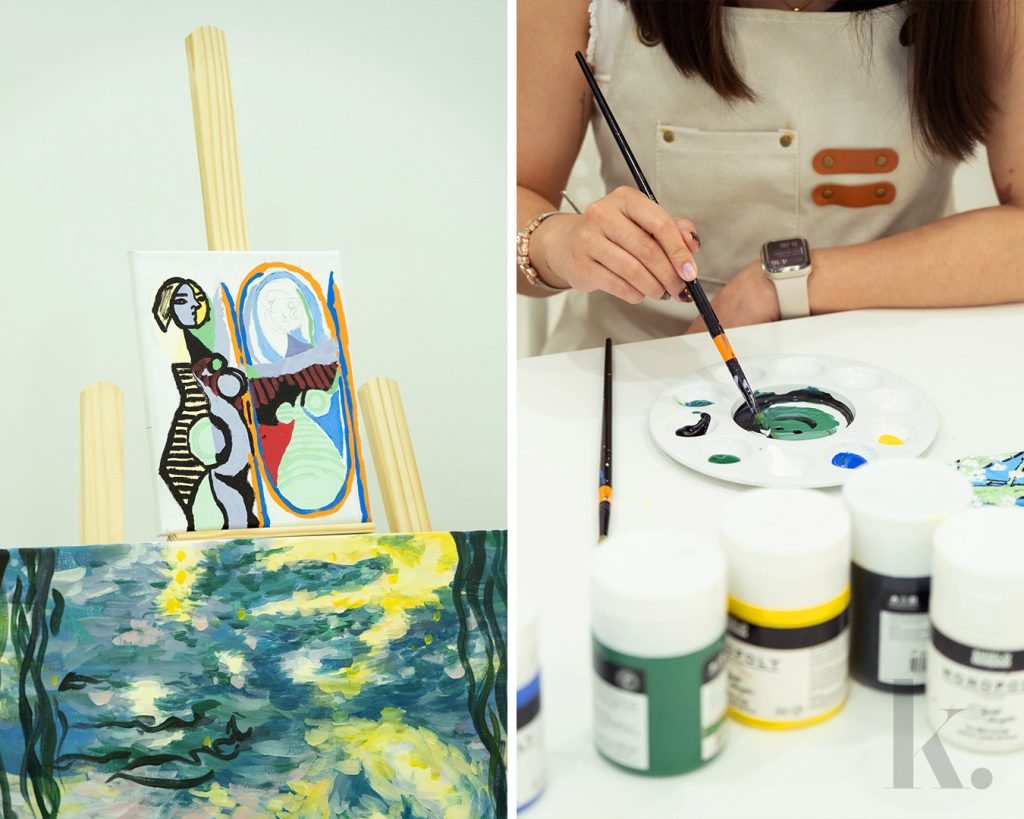
This approach is inspired by Viktor Lowenfeld’s studies, which show that children’s artistic expressions are linked to their emotional and cognitive development.
Artistic Growth and Achievements
Mind Lab does not focus on awards or competitions. Instead, its success is measured by the growth and development of its students. Children who participate in Mind Lab learn to think creatively, break stereotypes, and express themselves freely. These skills equip them to navigate life’s challenges with confidence and resilience.
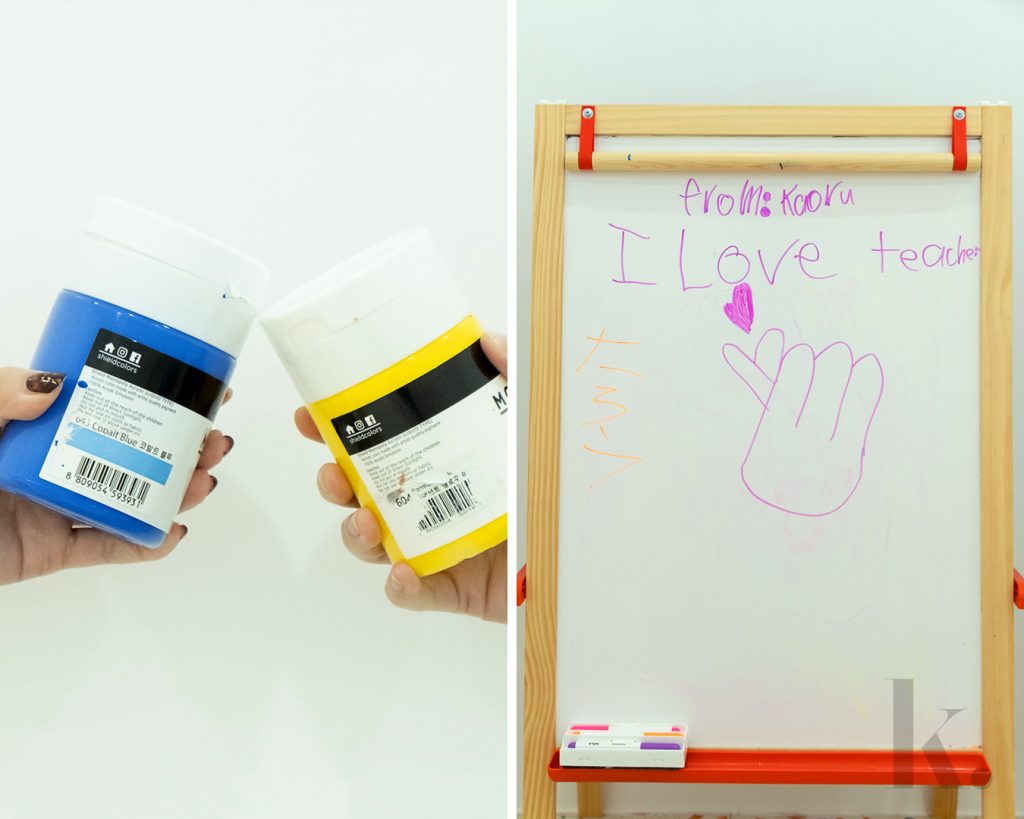
In the Horizon
While currently focused on art classes, Mind Lab plans to incorporate science classes in the future. This integration reflects Mind Lab’s commitment to providing a well-rounded education that nurtures both creativity and scientific inquiry.
By nurturing creativity, emotional intelligence, and critical thinking, Mind Lab empowers children to become resilient, compassionate, and thoughtful individuals.
Photography Kyrra Kho


